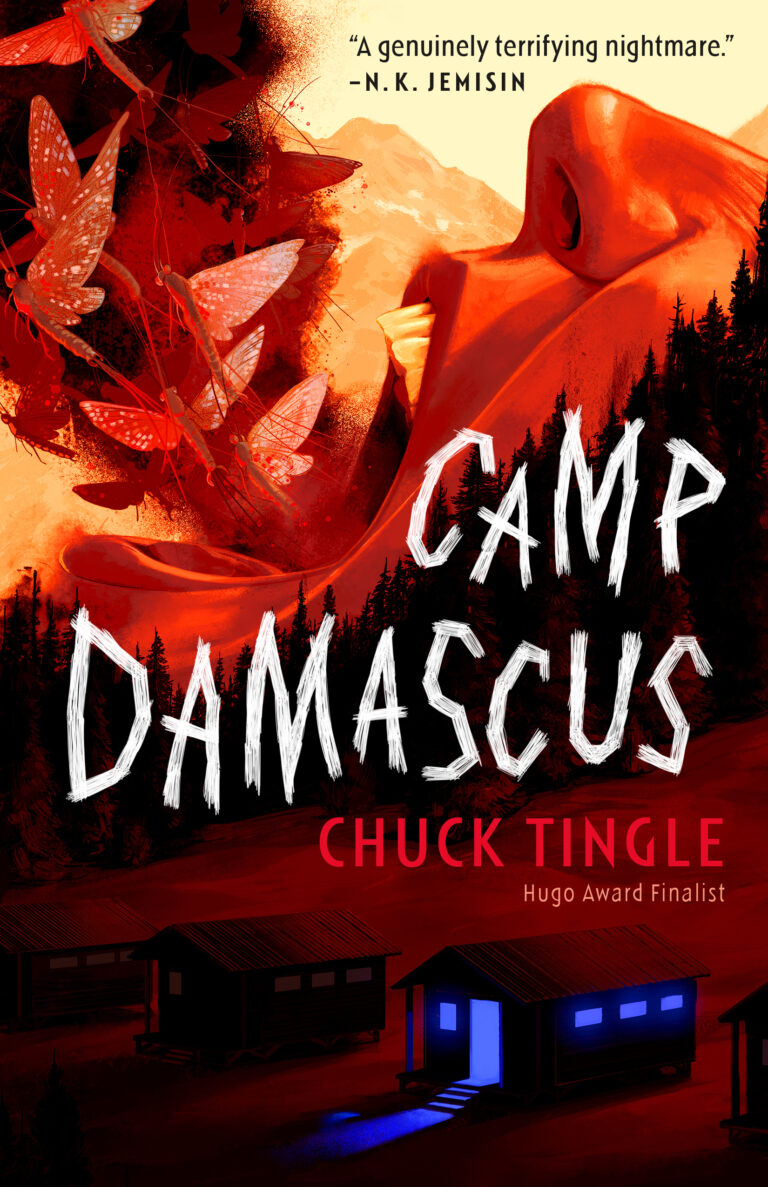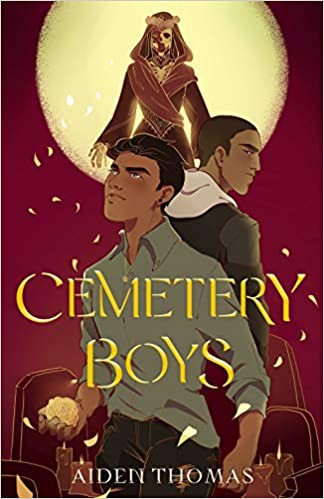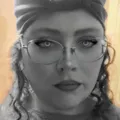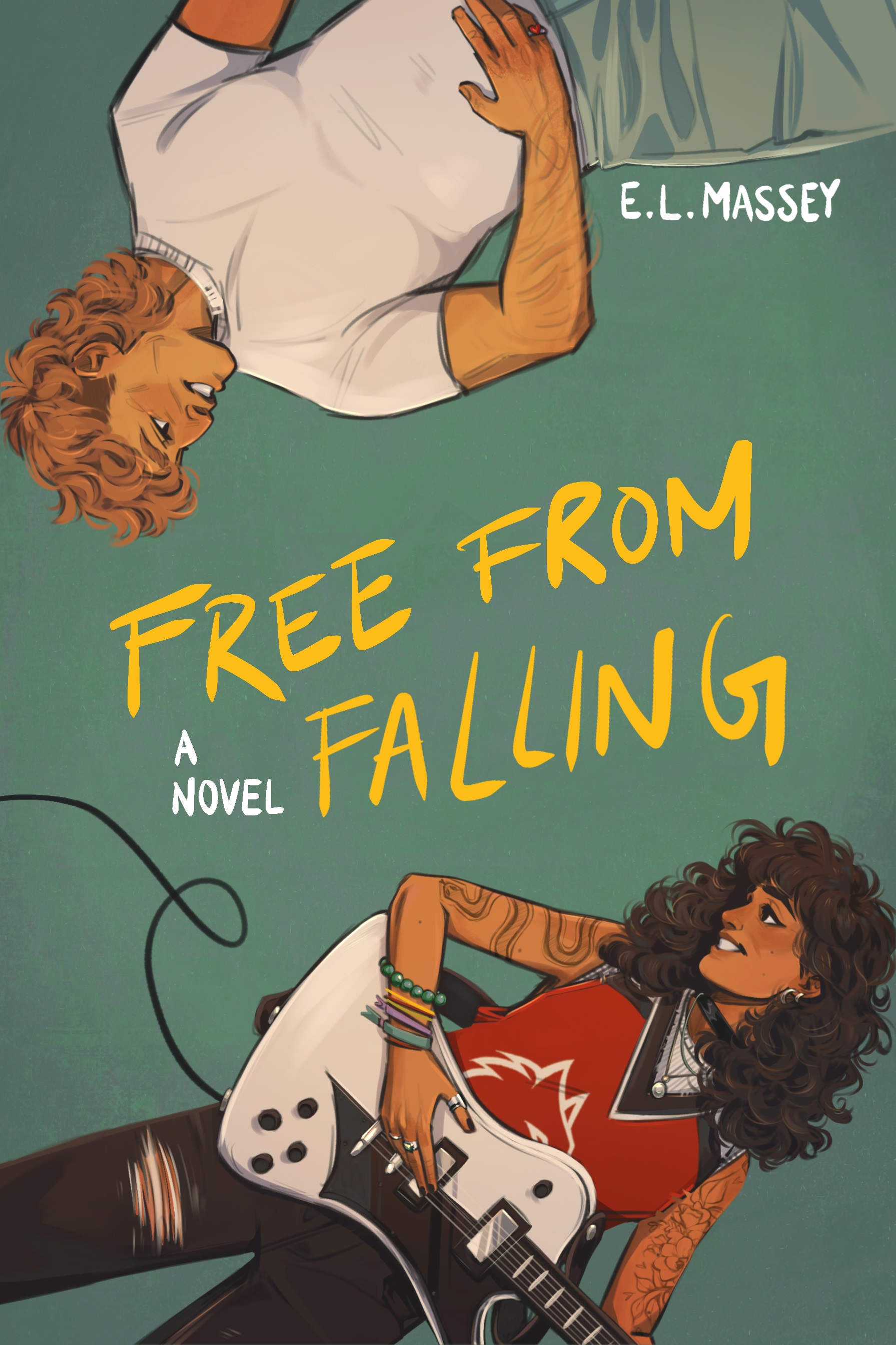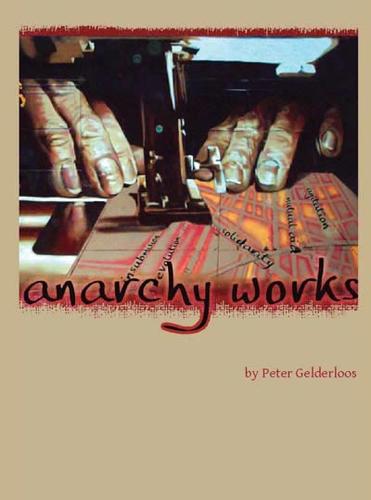Remy Rose reviewed Camp Damascus by Chuck Tingle
Perfect.
5 stars
I didn't grow up in this kind of environment, so I can't really review this book with the full context one would need. However, I did really like it! The writing is sharp and snappy. It feels kind of short, shorter than it actually is, but in a good way. Chuck's style of writing has always really appealed to me in the one genre I knew him from, it's really neat to see how it translates to horror. Turns out, really well! Things are stated explicitly and nothing is unnecessarily dwelt upon. It's like the opposite of a Joseph Fink novel lol. Note that I do like those too, this is just a very refreshing departure from that.
The premise is really unique too, I loved it. In the future, whenever I'd usually try to (poorly) explain the unity of means and ends, from now on I'm just gonna …
I didn't grow up in this kind of environment, so I can't really review this book with the full context one would need. However, I did really like it! The writing is sharp and snappy. It feels kind of short, shorter than it actually is, but in a good way. Chuck's style of writing has always really appealed to me in the one genre I knew him from, it's really neat to see how it translates to horror. Turns out, really well! Things are stated explicitly and nothing is unnecessarily dwelt upon. It's like the opposite of a Joseph Fink novel lol. Note that I do like those too, this is just a very refreshing departure from that.
The premise is really unique too, I loved it. In the future, whenever I'd usually try to (poorly) explain the unity of means and ends, from now on I'm just gonna tell people to read this book instead.
I will say though, that I'd have liked to know more about Saul's missing piece.





